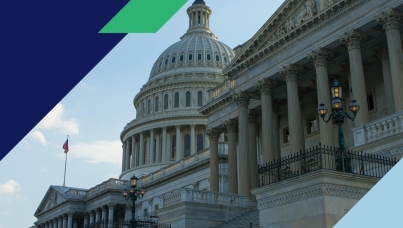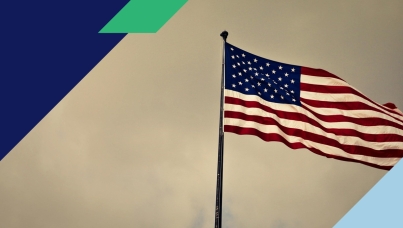Are the latest AI safeguards enough?
Last month, Biden Administration officials met with some of the leading tech companies developing AI to make headway on some of the first AI regulations since tools like ChatGPT came into the mainstream. The meeting, including executives from Google, Meta, OpenAI, and Microsoft, featured a set of new voluntary AI safeguards meant to curtail the risk posed by AI in areas like product safety, security, and public trust.
On paper, most Americans say they support tech companies making these commitments. But at the same time, many Americans say they don’t trust tech companies to develop AI responsibly and doubt the ability of the federal government to regulate AI.
Regulations on AI are still in its infancy. How do Americans feel about the progress that companies and the government have made so far? Below are five charts showing where Americans stand when it comes to AI and how they feel about the new commitments AI companies have made.
- Slowing spread, growing buzz. Despite making massive headways early this year, it seems like the rapid spread of AI is stabilizing. Only a minority of Americans say they use AI, while far more use technologies like social media or internet search programs. Even so, more now think AI will fundamentally change society compared to earlier this year. Change is slow until it is not.
- Growing anxiety. With the heighted expectations around AI, concern for its potential disruptions is also high. Two in three say AI products make them nervous, half say AI will change how they do their job, a third say it will replace it. There is always fear in change.
- A step in the right direction or is it too early to tell? Across the board, many are supportive of companies agreeing to AI safeguards. But support is one thing; trust is another. There’s more to this story.
- Between a rock and a hard place. Americans don’t trust companies to develop AI systems responsibly and don’t trust the federal government to regulate AI. This is a tricky place to be in for a technology that has as much promise as it does risk. Trust is low all around.
- A step in the right direction? Across the board, Americans think these agreements should be more than simply voluntary. At the same time, they are optimistic that these promises will lead to a better future with AI. Will this hold up? Time will tell.
In the past year, Artificial Intelligence has exploded onto the mainstream in a way no other technology has done so far. This has also become a new source of anxiety for Americans.
It’s early days when it comes to AI regulations. Will the latest agreements between tech companies and the federal government be enough to tamp down our worst fears when it comes to AI? We will see.



